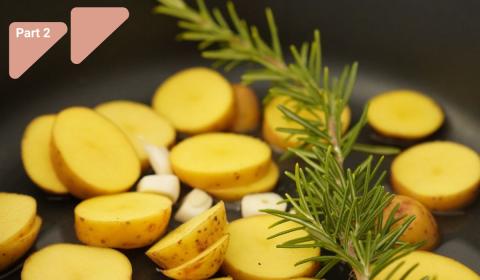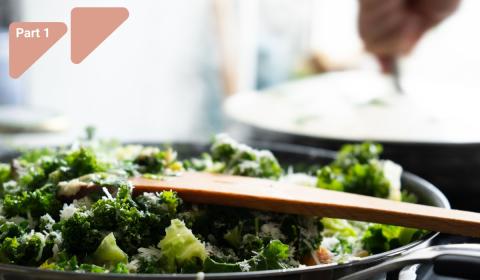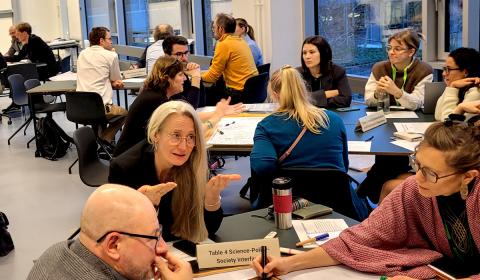What does it take for a good idea, to become a great one?
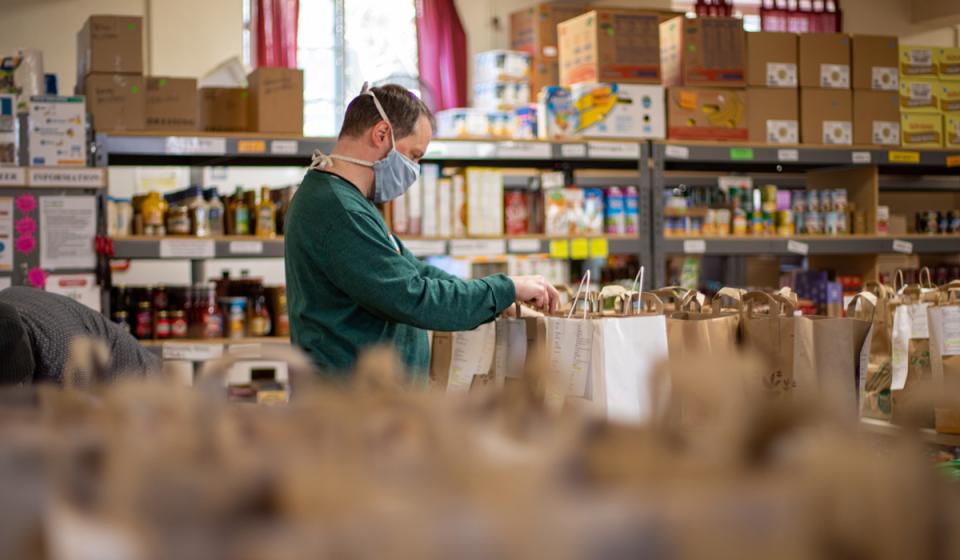
Image source: Aaron Doucett on Unsplash
Our society is currently facing some of our biggest challenges ever. These challenges permeate all levels of daily life. Climate change not only threatens global food security by means of droughts and extreme weather, but also affects the health and wellbeing of people in vulnerable positions first (and hardest), making it a social issue as well. This is perhaps the most important ‘systemic’ challenge of our age: we need to tackle both the problem and the solution from a holistic, multidisciplinary point of view.
In simple terms: if we want to solve complex problems, we’ll need to work together, across disciplines, backgrounds, and perspectives. Not one person can connect all the dots, but together, we form a neural network that spans the globe.
In Leuven, we are busy identifying and connecting the dots. Leuven 2030 is an organisation that brings residents, organisations, companies, knowledge institutions and (local) authorities together, to realise one common goal: a climate-neutral city. Through collective action across these groups of stakeholders, we hope to address these challenges at multiple levels and multiply our impact. This means that we believe more than one individual is required to contribute to an effort, to achieve the desired outcome.
Sometimes, the outcome surpasses our expectations: collateral beauty is attained when beautiful things or creative solutions are found that you could not have predicted before.
As one of the partners in the FEAST-project, Leuven 2030 is working together with KU Leuven, university of Heidelberg and SAAMO to facilitate the adoption of healthier and more sustainable diets for vulnerable groups. Through stakeholder collaboration, a concrete project will be created with and for stakeholders around this topic. Digital solutions and media will be assessed and tested for their efficacy in supporting that goal. A community action platform will be created to engage social organisations and relevant stakeholders within the Leuven food system to join hands and create systemic solutions to help vulnerable groups eat healthier and better. In addition, Leuven’s Eco Food Map, an interactive tool that maps the food system in and around Leuven, will be further developed. In parallel, a thorough scientific study will be conducted with the aim of identifying the right communication strategies to appeal to the target audience and to support them to adopt healthier and more sustainable diets.
Marie Mauer, Project manager FEAST (Leuven 20230): “The purpose of FEAST is to facilitate the adoption of healthier and more sustainable diets for every single person in Europe. There are many ways to go about this. Our focus on vulnerable groups was deliberately chosen, to tackle the problem where the needs are the greatest. It’s easier to start elsewhere and pick the low-hanging fruit, but that strategy will never deliver a catchall solution for those in more difficult positions. That’s why we confront the issue where we see the most challenges. Better eating habits for all people living in Europe will be the ‘collateral beauty’ of the solutions we hope to find in FEAST.”
The Leuven 2030 Urban Lab is also an example of how we have put collective action into practice: via this forum, five organisations join forces to use collaboration between education, research and community engagement to tackle complex sustainability challenges. Members from across these five organisations and beyond, come together and debate these intricate problems in discussion tables. During our last event, the food-related discussion tables focussed on healthier and more sustainable eating habits for vulnerable people as well as healthier and more sustainable food for schools. The food-themed discussion tables drew a crowd of no less than 40 interested researchers and practitioners. This highlights the relevance and urgency of this project.
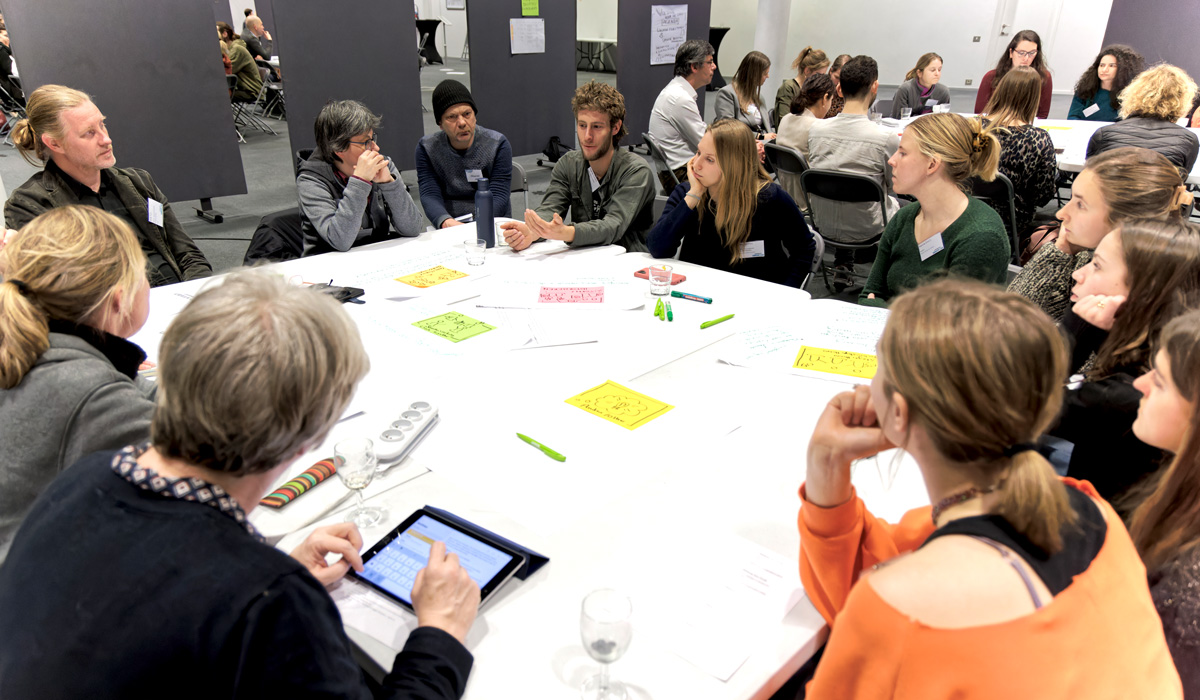
Image credits: Filip van Loock
Marie Mauer: “We discussed a food kitchen for healthier food distribution in schools, how to counter food insecurity, potential research groups, and how to motivate people to eat healthy. A lot of valuable connections were made, ideas were exchanged, and insights captured. As we expand the Eco Food Map, kickstart our community action platform and study communication strategies, these connections will no doubt prove essential.
“All these people, all these minds, experience and knowledge, coming together and exchanging thoughts, with a single goal in mind. That is what makes a good idea a great one.”
